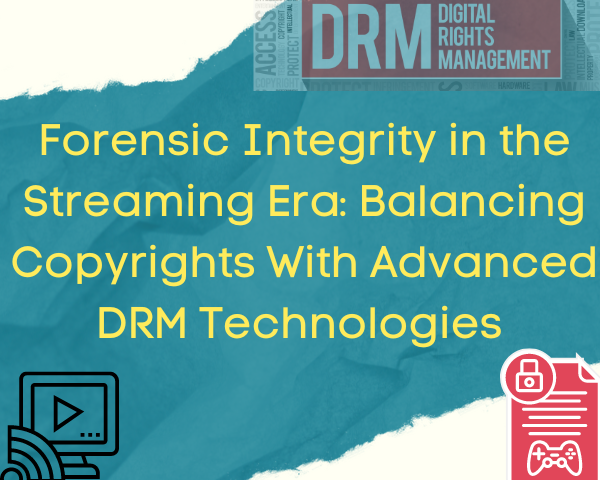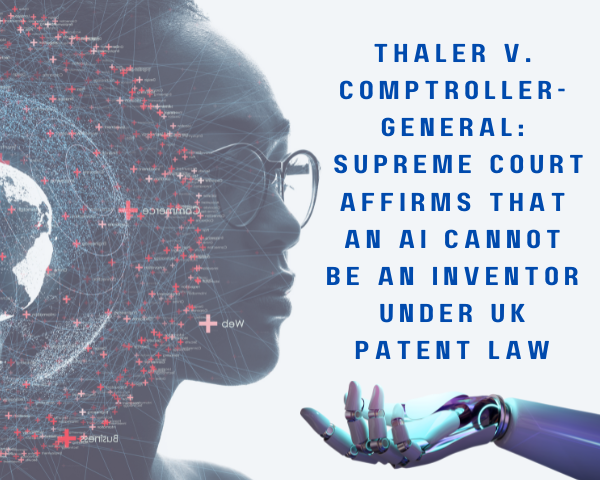There are no distinctions based on age in Intellectual Property [“IP“] rights in India. Nearly none of the IP laws, i.e., The Patents Act, 1970,[1] The Trade Marks Act, 1999,[2] [“TM Act“] The Designs Act, 2000,[3] prohibit minors from obtaining protection for their intellectual property.
Hence, we can say that a minor is allowed to own IP rights for her IP. The Indian laws do not debar minors from acquiring IP rights.
However, contractual incapacity hinders minors from exploiting the IPRs by entering into licenses or assignments.
IP is one of the most valuable assets, and its commercial exploitation occurs only through sales, licenses, and assignments.
A license in IP is defined as an agreement between the licensor (owner) and the other person (licensee) whereby the licensee will be allowed to deal with the IP rights of the owner in exchange for an agreed payment/royalty.
Similarly, an assignment of IP rights results in the absolute transfer of the owner’s rights in exchange for payment or pro bono. Under Copyright Act 1957, though Section 13,[4] subject to other statutory requirements, allows any person to obtain a copyright, copyright assignment, and licensing[5] do not allow the minor to do so.
Similar is the situation with other statutes, viz., TM Act, Patents Act, etc. Section 18 of the TM Act[6] says that any person claiming to be the proprietor of a trademark used or proposed to be used by him and desirous of registering the mark can register a trademark under this section.
Though there is no statutory impediment for a minor in registering for a trademark, the minor cannot commercially exploit the same because of a lack of contractual rights.
The minor cannot commercially exploit her IP rights the same is done through signing a contract, and the Indian Contract Act 1872 [“ICA“] does not allow a minor to do so.
Section 11 of ICA states, “[e]very person is competent to contract who is of the age of majority[7] according to the law to which he is subject, and who is of sound mind and is not disqualified from contracting by any law to which he is subject.” Therefore, if a minor enters any contract, the contract will be termed void ab initio and will not be enforceable.
As discussed before, the commercial exploitation of IP rights is done through licenses and assignments in exchange for payment/royalty.
Now, to exchange payment, the person has to enter into a contract that is impossible for a minor; therefore, she cannot exploit her IP rights.
The minor cannot also appoint an agent on her behalf, as she cannot enter into a contract with the agent. The last resort for a minor is to involve her parents and enter into a contract through them.
In the case of Mohori Bibee v. Dharmodas Ghose, the Court held that if the parents have consented, the child can enter into a contract and be accountable for the same.[8]
However, there are several instances of misuse of the earnings of minors by their guardians. Her father’s alleged sale of child star Rubina Ali, who played a significant role in Slumdog Millionaire, is a recent example.[9]
Therefore, the ICA and the IP statutes need to be revisited and amended. The minors should be granted some leniency concerning contractual obligations to exploit their IP rights and gain some financial benefit commercially. This would not only help the minors legally but would also encourage children to be involved in creative activities and to produce valuable creations which can be protected.
Further, there could also be legislation in force that does not allow parents or any other guardian to use the children’s money; the money will be reserved for the child until she turns 18.
Author: Mahak Shinghal
[1] The Patents Act, 1970.
[2] The Trade Marks Act, 1999.
[3] The Designs Act, 2000.
[4] The Copyright Act 1957, s 13.
[5] The Copyright Act 1957, s 18, 19, & 30.
[6] The Trade Marks Act, 1999, s 18.
[7] Indian Majority Act 1875, s 3, Every person domiciled in India shall attain the age of majority by completing eighteen years and not before.
[8] Mohori Beebi v Dharmodas Ghose [1903] ILR 30 Cal 539 (PC).
[9] Shilpa Jamkhandikar, ‘Police Probe Report of Father Selling Slumdog’s Rubina,’’ Reuters (Mumbai, 20 April 2009).




